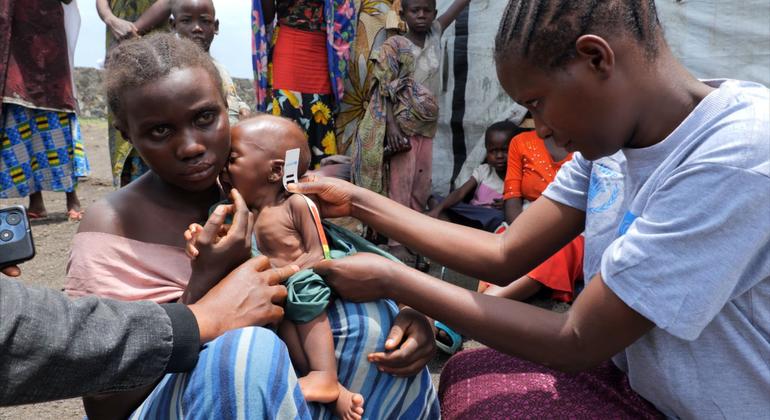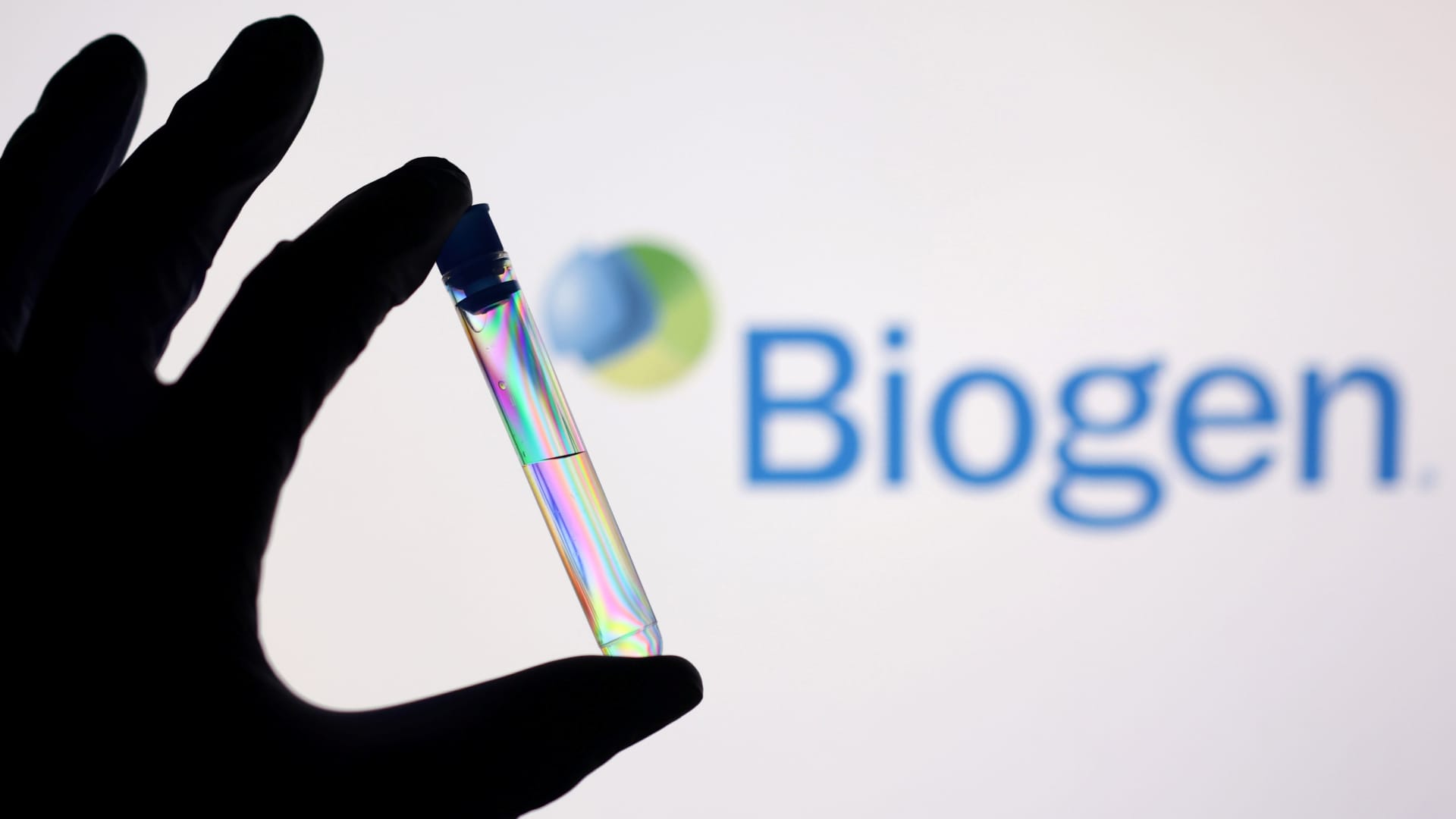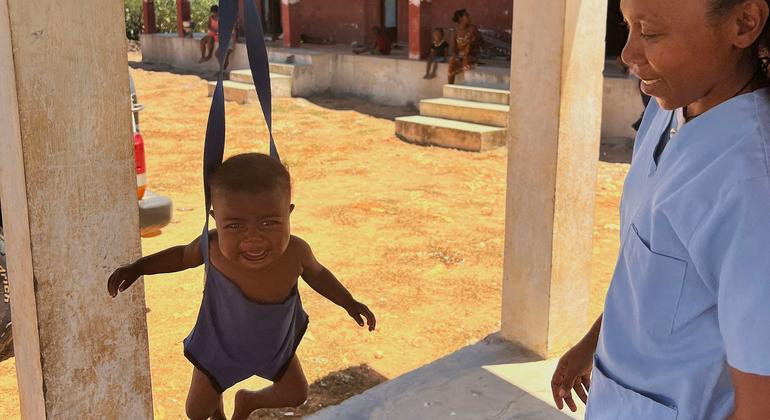The man who made Aykut Stock Images | Getty Images
Do you think a friend or colleague should receive this newsletter? this link with them to register.
Good afternoon! Several pharmaceutical companies are rushing to cash in on one of the next major innovations to hit the booming weight-loss drug market: effective, convenient and potentially affordable anti-obesity pills.
Most diabetes and weight-loss drugs currently available are weekly injections, such as Novo Nordisk's Wegovy and Ozempic and Eli Lilly's Zepbound and Mounjaro. They are among the drugs called GLP-1 agonists, which have skyrocketed in popularity over the past year.
Now, these rivals and other drug companies like Pfizer are hoping to develop oral weight-loss and diabetes drugs that are more convenient for patients to take and easier to manufacture on a large scale. That development may help ease supply shortages plaguing existing injectable treatments in the U.S.
Pills are also often cheaper than injections, but it's unclear whether that will be the case for oral obesity drugs.
Novo Nordisk has a low-dose oral version of semaglutide, the active ingredient in Wegovy and Ozempic, that costs $968.52 a month before insurance and other discounts. The pill, marketed as Rybelsus, is approved for the treatment of diabetes. Current injections have list prices of about $1,000 a month.
Pfizer on Thursday signaled it remains in the race to develop an anti-obesity pill after a series of setbacks last year. The company said it will move forward with a once-daily version of its oral weight-loss drug, danuglipron, for further studies to help identify an ideal dosage.
Pfizer disappointed investors last year after scrapping a twice-daily version of danuglipron and a second oral obesity drug called lotiglipron.
But Pfizer's once-daily danuglipron is still in an early stage of development. It's also unclear whether the pharmaceutical giant will commit to conducting late-stage studies on danuglipron, something it needs to do before it can apply for regulatory approvals.
CFOTO | Publications of the future | Getty Images
Eli Lilly and Novo Nordisk are further ahead in the race.
Eli Lilly is developing an oral GLP-1 called orforglipron, which helped patients lose up to 14.7% of their weight after 36 weeks in a mid-stage trial, compared with 2.3% among those taking a placebo. Eli Lilly has previously said it expects to have results from the late-stage trial on orforglipron in 2025.
Meanwhile, Novo Nordisk last year published results from phase three trials of its high-dose oral version of semaglutide, which is intended for weight control. The pill helped patients lose about 15% of their body weight on average after 68 weeks.
The company said at the time that it plans to apply for Food and Drug Administration approval in 2023. Novo Nordisk has not indicated whether it has done so.
In March, Novo Nordisk also touted data from another experimental weight-loss pill called amycretin, which helped people lose 13.1% of their weight after 12 weeks in an early-stage trial. Results from a mid-stage trial are not expected until 2026.
Amycretin suppresses appetite by acting on the same gut hormone that Wegovy mimics, known as GLP-1. But amicretin also acts on a pancreatic hormone called amylin, which affects hunger.
Listed below are some of the other drugmakers that are developing oral medications for obesity, diabetes, or both:
Feel free to send tips, advice, story ideas and information to Annika at [email protected].
The latest in healthcare technology
Digital health funding shows 'measured momentum' this year, report says
Things seem to be looking up for the digital health sector, at least a little.
Digital health startups in the United States raised $5.7 billion in 266 deals in the first half of 2024, according to a Rock Health report released Monday. If that pace continues, the number of deals and funding could surpass the totals for 2019 and 2023. Digital health startups raised $8.2 billion in 420 deals in 2019 and $10.7 billion in 498 deals last year, according to the report.
According to Rock Health, the “pandemic-driven funding cycle” from 2020 to 2022 remains a tough one to compete in. At the time, investors were flocking to healthcare companies and funding peaked at $29.2 billion in 2021.
Rock Health said Series A activity was especially strong in the first half of 2024, though seed rounds and Series B rounds were also popular. Seed, Series A and Series B funding accounted for nearly 85% of all tagged raises for the period, according to the report.
The firm calls untitled rounds (such as Series A, for example) “unlabeled rounds.” Startups often raise unlabeled funds to avoid valuation cuts and make headway in difficult markets, though they don’t typically avoid difficult conversations forever.
Rock Health said the overall percentage of unlabeled digital health deals peaked at 55% in the fourth quarter of 2023 and declined to 47% and 33% in the first and second quarters of this year, respectively.
“This decline could mark the beginning of our return to a 'more normal' cadence of labeled increases,” the report said.
Many Healthy Returns readers can probably guess what’s coming next: AI attracted investors to many early-stage digital health companies in the first half of this year. Nearly 40% of all digital health companies that raised Series A funding rounds use AI, and 34% of the sector’s total funding went to companies that use the technology in some way.
It’s also possible that the digital health IPO market is melting down, having gone nearly two full years without seeing any public offerings. Healthcare payment software provider Waystar and precision medicine company Tempus AI both went public in June, while pregnancy monitoring company Nuvo went public via a SPAC in May.
Rock Health said this exit activity reflects the slight uptick in IPOs in broader markets.
In short, “early-stage screening is increasing, the proportion of unlabeled deals is declining, and the digital health IPO market is showing early signs of life,” the report notes.
We'll have to see what the rest of the year has in store for us.
Feel free to send tips, advice, story ideas and information to Ashley at [email protected].












